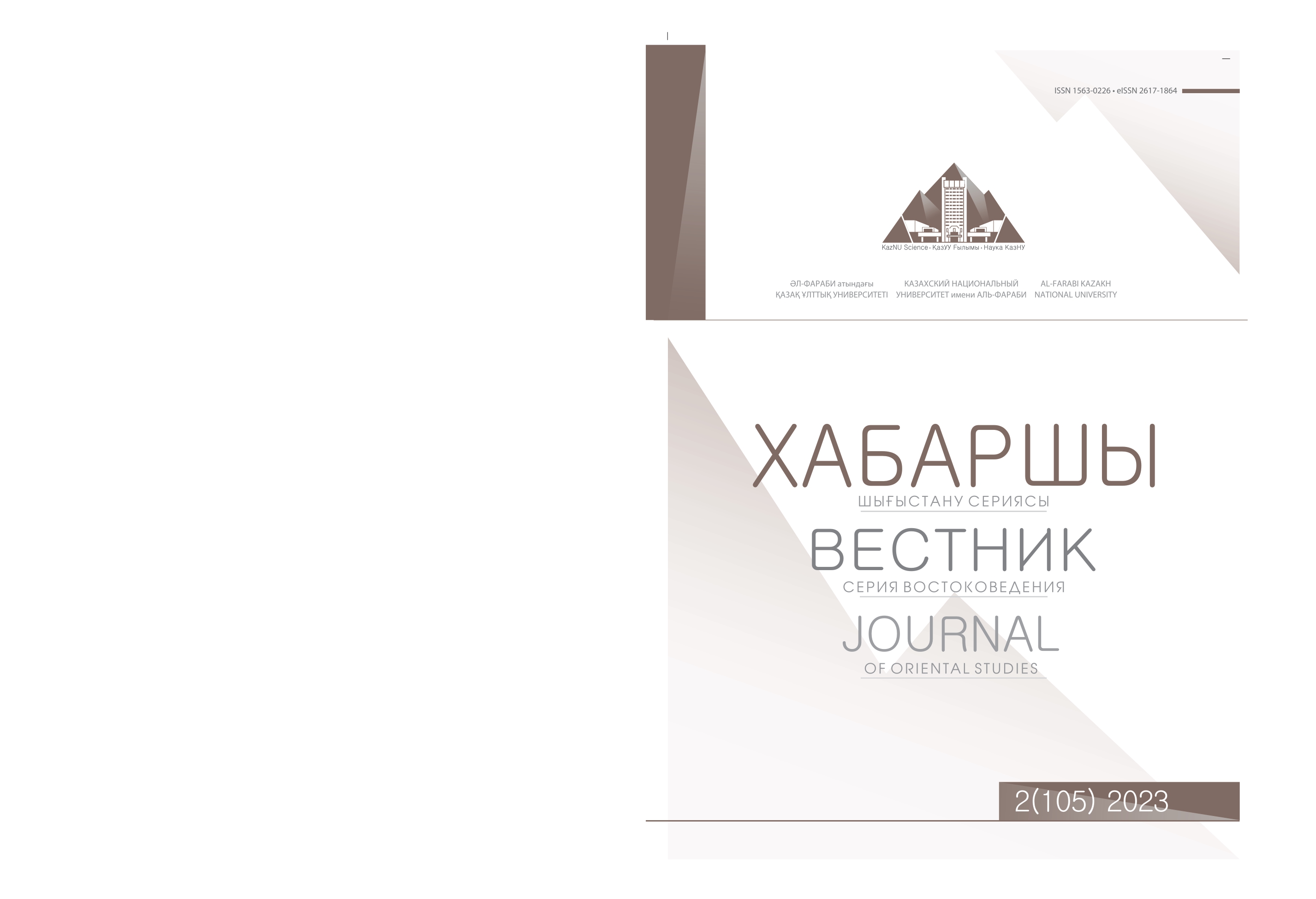EURASIA’S PEACE-MAKING POWER FOR ISLAM
DOI:
https://doi.org/10.26577/JOS.2023.v105.i2.08Abstract
There is a growing need to spread the idea of Islam as a peaceful religion and Muslim countries as partners for global peace. The Eurasian worldview which encompasses a multi-ethnic character and diversity best showcases the essential role that it can and has played and continues to play with and for the Islamic world globally. Geography and demography have given the region a unique character that lends itself to a particular understanding of the world and its various elements. The geography makes it part of the Eastern and Western civilizations which in addition with a shared history allows a special perspective to come through. In popular imagination today the world is divided between the East and West and Muslims against the rest of the world which is not part of the worldview of a majority of Eurasian societies. In this increasingly divisive environment which is causing dangerous splits and ruptures around the globe, the partnership between Islam and Eurasia is both necessary and integral for peace and stability in the world. The historical place of Eurasian countries and their closeness with the Muslim world allows for an approach beyond othering and appeals to the greater good. As part of the fabric of the Asian and Muslim world the region as a whole is heir to a social and cultural milieu which is accommodating and inclusive. This gives rise to partnerships not divisions and creates proximity not distance with Muslim communities around the world. This paper provides the background and historicity of examples of interactions between Eurasian countries with the Islamic world both within and without and takes a long term view of history to showcase the consistent role that countries in the region have played and continues to play in mitigating conflicts with the Islamic world. It specifically considers political and economic relationships with a cross-section of Muslim societies around the world, majority or otherwise. It offers instances where these countries have played the role of mediator in conflicts in the post-Soviet space and particularly in the Middle East, and gives further examples where Eurasia’s track record and nuanced approach through time can provide solutions and resolutions in the future.
Key words: Eurasia, Central Asia, Islam.














